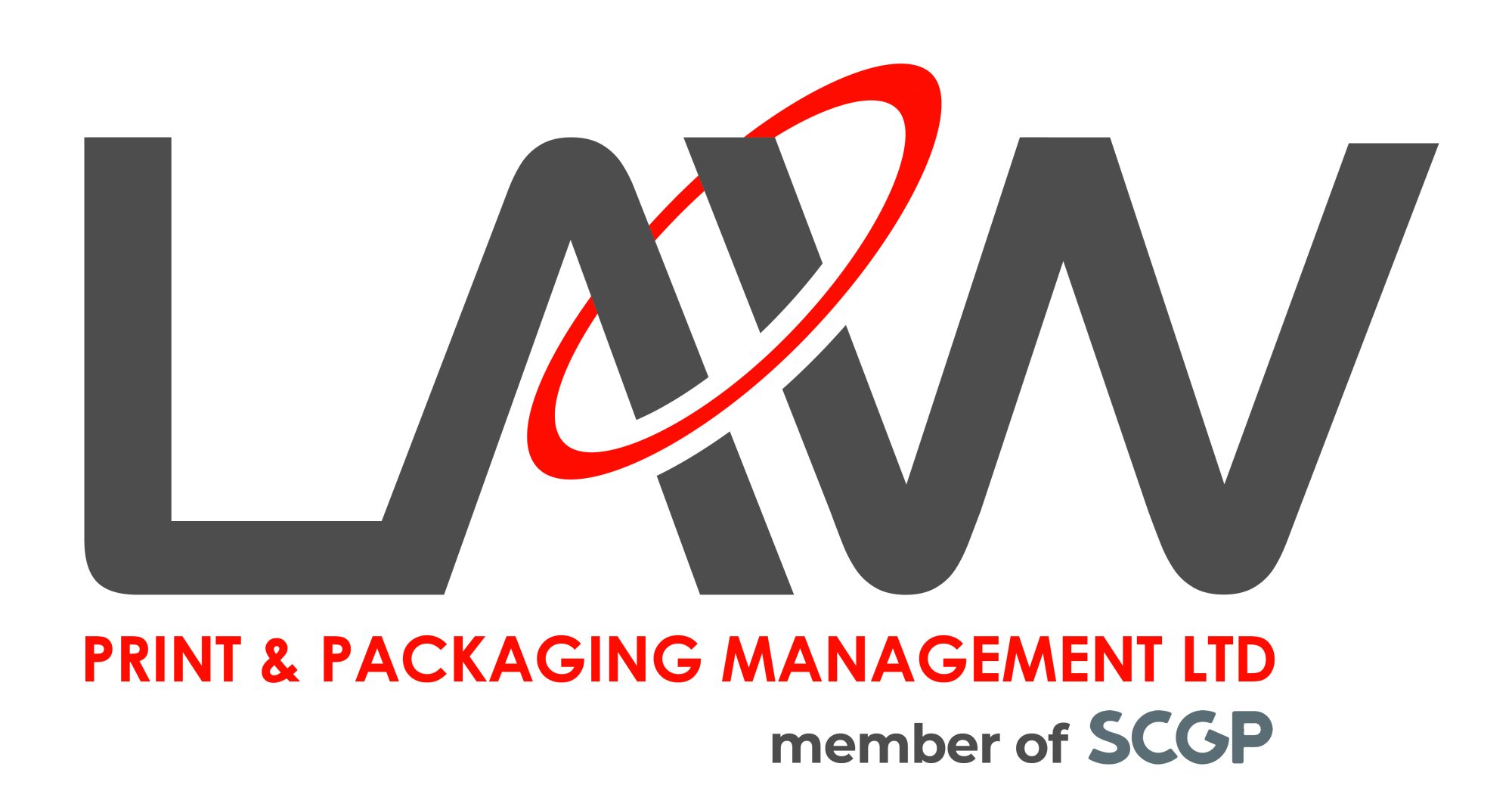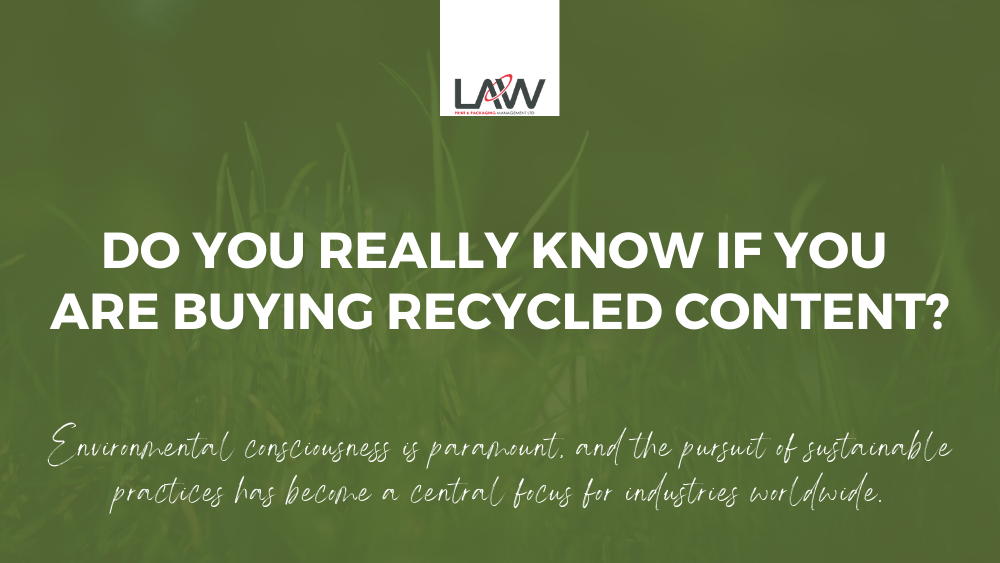Environmental consciousness is paramount, and the pursuit of sustainable practices has become a central focus for industries worldwide. Do you really know if you are buying recycled content?
Amid this drive, the use of recycled materials has gained significant traction. Therefore, heralding a promising shift towards a greener, more eco-friendly future. Recent developments in the realm of recycled content have cast a shadow of doubt over the integrity of such claims. In particular, the Plastic Packaging Tax (PPT) system. It is designed to incentivise the use of recycled materials in the production of plastic packaging. It has encountered challenges that threaten its efficacy and credibility.
Recycled Content
At the core of this issue lies the absence of a foolproof mechanism to verify the proportion of recycled content within the materials, thereby leaving a gap that is exploited. Despite the requirement for comprehensive documentation and evidence to support claims of recycled content, the lack of a stringent, standardised verification process has paved the way for misleading practices and false representations. This discrepancy has prompted concerns about the legitimacy of imported polythene films, allegedly boasting 30% recycled content without substantive proof.
The implications of these lax regulations have reverberated throughout the industry. Resulting in the proliferation of non-compliant imports at the expense of local manufacturers and responsible suppliers with traceable imported products. The resulting imbalance has, in some cases, culminated in the closure of manufacturing plants. It has also caused significant job losses and a substantial reduction in demand for recycled raw materials. This is ultimately undermining the very ethos of the PPT.
The repercussions extend beyond the immediate economic sphere, permeating into the broader environmental landscape. With the credibility of recycled content claims called into question, the overarching objective of fostering a sustainable, circular economy seems to hang in the balance. The lack of a robust enforcement framework, combined with a shortage of effective inspections by regulatory authorities, has exacerbated the predicament, increasing the challenges faced by many manufacturers.
How do I know which plastic contains 30% recycled content?
Ensuring the traceability and compliance of the entire supply chain is paramount in today’s environmentally conscious landscape. Particularly, within the realm of plastic product manufacturing. When a supplier cannot provide a Certificate of Compliance and the supply chain lacks full traceability. Manufacturers are urged to take proactive measures. Seeking certification from well-established and reputable bodies such as ISCC or Intertek becomes imperative.
These authorised entities play a pivotal role in validating the authenticity and sustainability of recycled content packaging. In the case of Law Print, a significant stride has been made towards transparency and eco-friendly practices.
Through its affiliation with the SCG group, Law Print can now provide ISCC+ certification for packaging solutions across its sister companies. This development ensures not only full transparency but also validates that the plastic packaging within the group is entirely recyclable and crafted with a minimum of 30% recycled content. Such certifications bolster environmental stewardship and instil confidence in consumers and stakeholders alike.
Consequently, the onus falls on regulatory bodies and industry stakeholders. They need to instigate stringent measures that protect the integrity of the PPT system. A concerted effort to establish a standardised and comprehensive verification process is imperative to uphold the accuracy of recycled content claims.
Conclusion
In conclusion, the imperative for brands and packers to prioritise the authenticity and sustainability of their supply chains cannot be overstated. The complexities of the modern market necessitate a discerning approach, where due diligence is exercised to ensure that purchased materials align with proclaimed standards. The allure of cost efficiency should not overshadow the fundamental responsibility to deliver on environmental commitments. Vigilance against claims that seem too good to be true becomes crucial, as the repercussions of non-compliance and misleading practices reverberate across industries.
The certifications provided by recognised bodies serve as invaluable tools in this pursuit. Offering a tangible means for manufacturers to validate their commitment to ethical and eco-friendly practices. Brands and packers must remain steadfast in their commitment to verifying the veracity of their supply chain. Thereby safeguarding both their reputation and the well-being of our planet. Only through such unwavering dedication can the industry contribute meaningfully to a sustainable and responsible future.
So, do you really know if you are buying recycled content?
If you’re looking for more information on our company and the services we offer, feel free to download our Company Brochure. You’ll find examples of our work with local and global brands and retailers, as well as information on our print technology.
For anything else, you can visit our Frequently Asked Questions (FAQs) or just contact us directly.


